América del Sur/ Paraguay/ 19.11.2018/ Fuente: www.ultimahora.com.
Asociaciones afrodescendientes de comunidades que hace siglos viven en Paraguay buscan ser reconocidos como minoría étnica por el Estado paraguayo. Para ello, trabajan sobre un anteproyecto de ley con diferentes instituciones públicas.
Una de las comunidades afrodescendientes llegó cerca del año 1600 a territorios del Paraguay y otra, aproximadamente en 1820. A varios siglos de su llegada, hoy buscan ser reconocidos como minoría étnica por el Estado paraguayo.
El reconocimiento quieren obtenerlo mediante una ley cuyo anteproyecto es elaborado actualmente con diferentes instituciones públicas. El secretario de la Asociación Grupo Tradicional Kamba Cua y de la Red Paraguaya de Afrodescendientes, Guido Medina, brindó los detalles a Última Hora.
Este jueves, representantes de las asociaciones afrodescendientes mantuvieron una reunión con la Secretaría Nacional de Cultura a fin de conformar una mesa técnica y tratar el anteproyecto de ley de afrodescendientes.
Medina señaló que el mismo tratamiento se hizo con el Ministerio de Educación y Ciencias (MEC) y el Ministerio de Justicia, a través de la Dirección de Derechos Humanos.
“Hoy día estamos trabajando sobre el consenso, porque necesitamos el reconocimiento y la inclusión”, manifestó.
Asimismo, agregó que el proyecto se viene trabajando desde el año 2000, pero que no avanzó por las condiciones dadas y ante la falta de interés estatal.
¿Qué quieren reivindicar?
Mediante esta propuesta, primero quieren ser reconocidos oficialmente como minoría étnica de Paraguay y, además, que se incorpore en la historia el legado de sus comunidades, su participación y sus aportes en la conformación de la nación paraguaya en sus diversas expresiones culturales: arte, filosofía, saberes, costumbres, tradiciones, valores
Una vez obtenidas estas reivindicaciones también verán la forma de proponer políticas públicas que les favorezca en educación, salud y trabajo.
“Históricamente, el Estado no reconoció que existe una población de origen africano en Paraguay, que no tiene casi acceso a la educación. Solo uno de cada 10 jóvenes (afrodescendientes) llega a la universidad, por eso queremos que un 30% tenga becas en universidades públicas y privadas, y en los cursillos de ingreso”, expuso Medina.
Por ello, quieren incluir este tema en el anteproyecto. Dijo que lucharán por cupos específicos destinados a los afrodescendientes.
“Así como las personas con discapacidad tienen un porcentaje de acceso laboral a la función pública por ley, nosotros también queremos trabajar”, agregó sobre la iniciativa que pretenden impulsar más adelante.
Una vez concluido el proyecto, verán cuáles son los mecanismos para presentarlo al Congreso.
Raíces africanas en Paraguay
Según los datos aportados por Guido Medina, en el Paraguay existen solamente tres comunidades afrodescendientes que están reconocidas como tal.
Una es Kamba Kokue y está en la ciudad de Paraguarí; la otra es Pardos Libres, en Emboscada, la cual llegó alrededor de los años 1600. La tercera es la más conocida, la tradicional Kamba Cua, que está en la ciudad de Fernando de la Mora. Medina pertenece a esta última comunidad, cuyos primeros integrantes –según él– llegaron al país en 1820.
Mencionó que hay más comunidades en otros puntos del territorio nacional, pero que no están oficialmente reconocidas como afrodescendientes, en San Roque González de Santa Cruz, Tavapy, Concepción y Areguá.
Leer más: Adónde fueron los negros
Una publicación del Correo Semanal indica que la población esclavizada proveniente de África existió en Paraguay desde tiempos de la conquista y cita como referencia a Josefina Plá, que lo mencionó en su célebre obra Hermano negro.
Este anteproyecto que es impulsado por la Asociación Grupo Tradicional Kamba Cua y la Red Paraguaya de Afrodescendientes es encarado en el marco del Decenio Internacional para los Afrodescendientes, de la Naciones Unidas, que sostiene que todos los países miembros deben implementar por 10 años políticas en favor de estos sectores. Comenzó el 1 de diciembre de 2015 y va hasta el 31 de diciembre de 2024.
“Para nosotros sería importantísimo que después de tantos años podamos reivindicar a nuestros ancestros (…), porque el Estado paraguayo estaría afirmando que tiene una población afrodescendiente”, concluyó Guido Medina.
Fuente de la noticia: https://www.ultimahora.com/afrodescendientes-buscan-ser-reconocidos-como-minoria-etnica-paraguay-n2779756.html
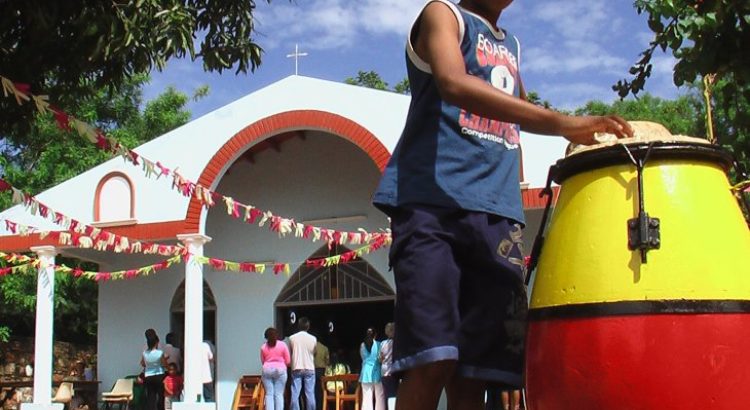
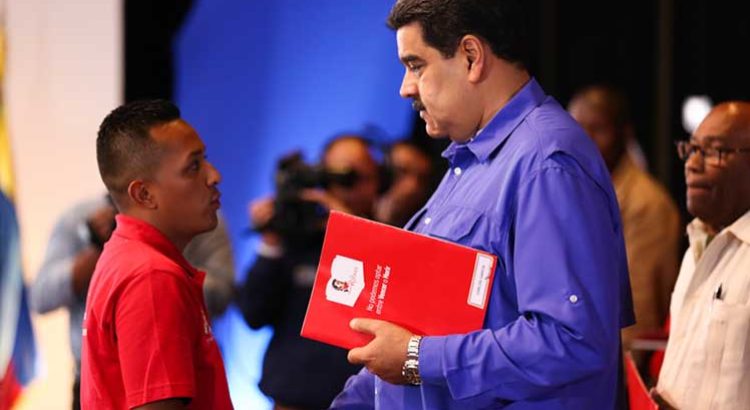
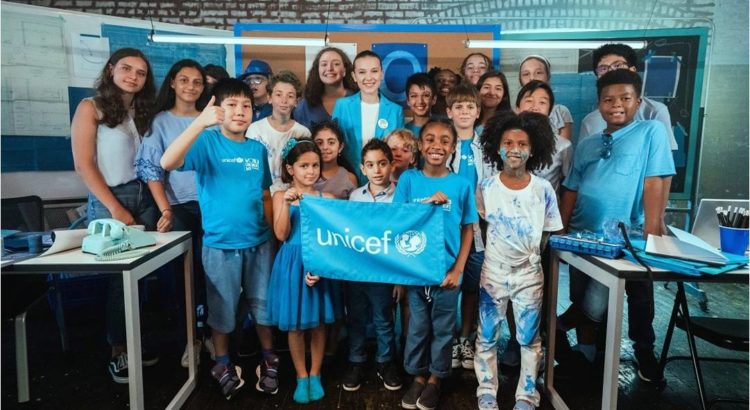
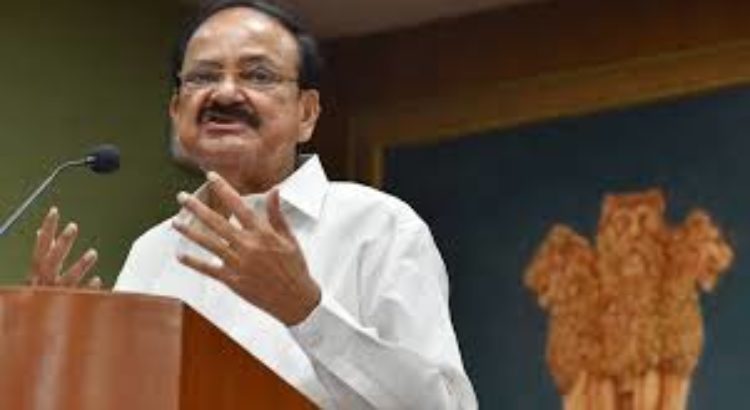
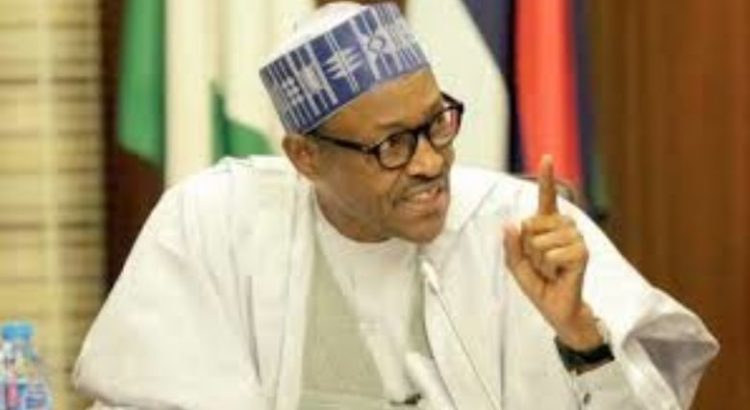
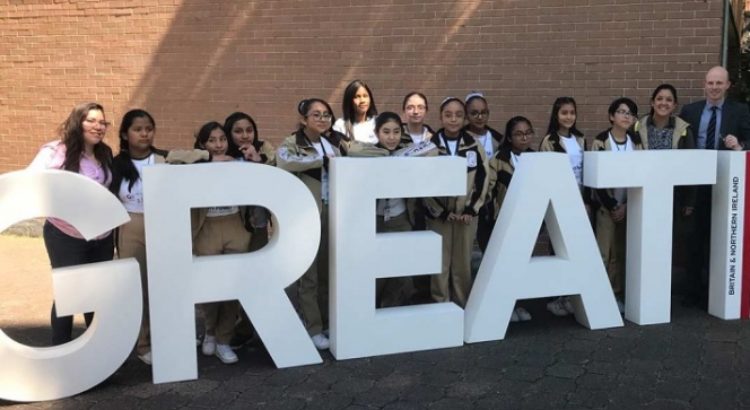
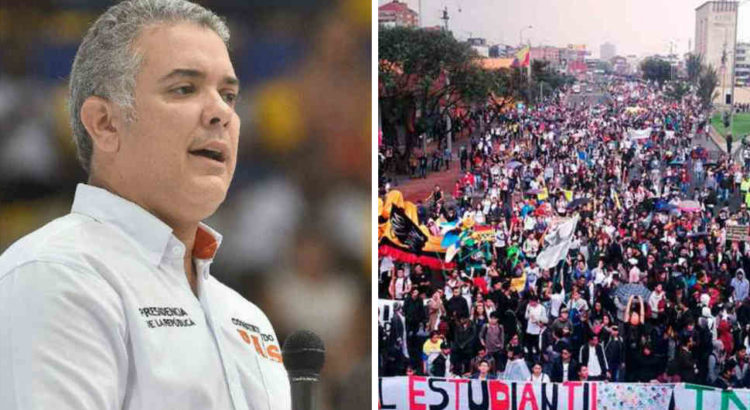








 Users Today : 1
Users Today : 1 Total Users : 35420846
Total Users : 35420846 Views Today : 1
Views Today : 1 Total views : 3355523
Total views : 3355523